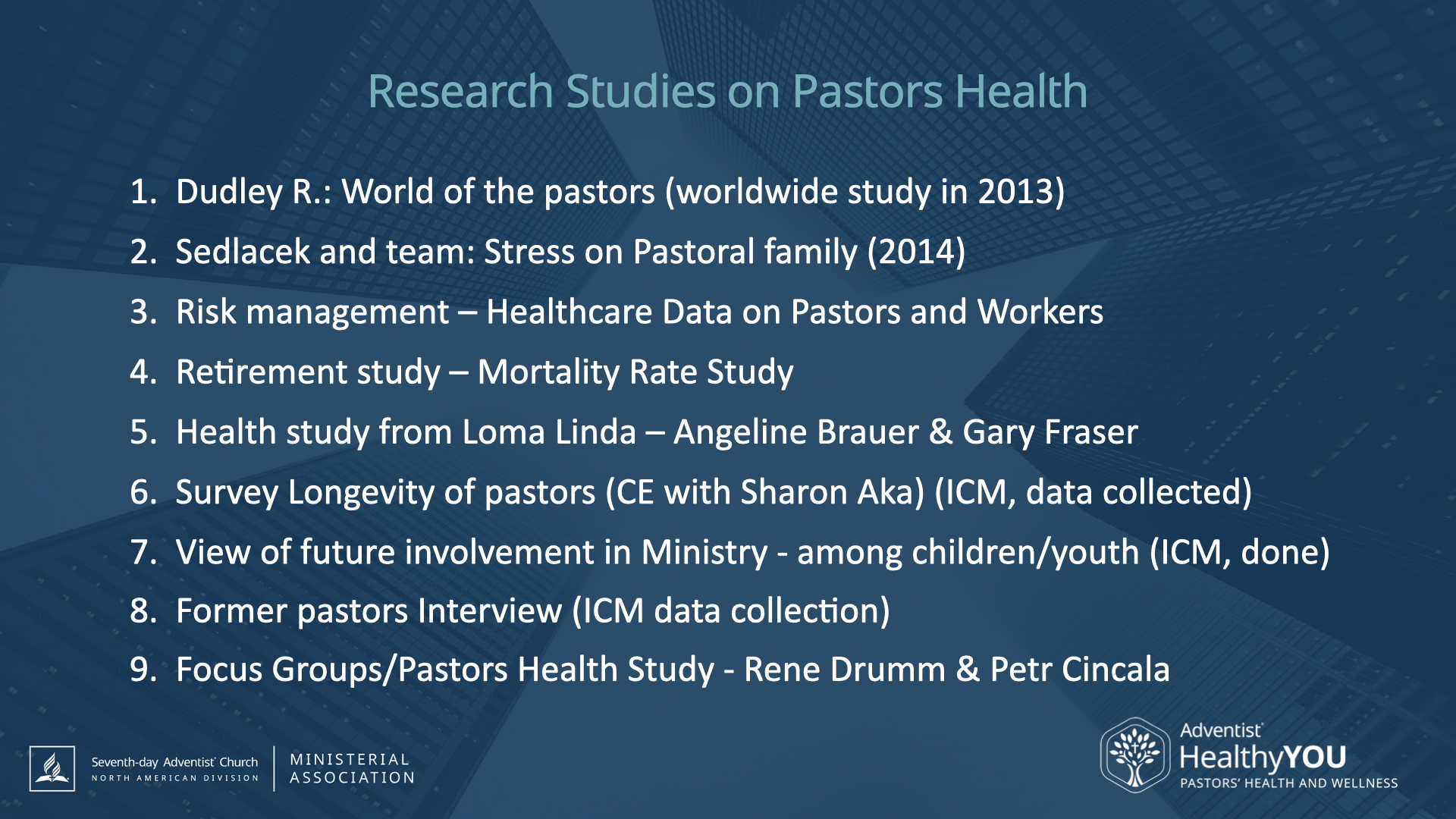Understanding Pastors Stress
The Challenges of Adventist Ministry
This free booklet summarizes some of the major sources of stress among Adventist pastors.
What We Know
Partnering together with NAD Ministerial Association and several other partners, we have collected a number of research studies focusing on the health of pastors. This includes focus group interviews, survey data, and more.
We are now engaging in a process of transforming information into practice. With upcoming educational material, support groups for pastors, and a variety of interventions, it is our hope that pastors and their families recognize that their health and wellbeing are valued and important.
Available Now
Learn more about these other resources that can play an important role in the support system for the health and wellbeing of pastors.
Stay in Touch



